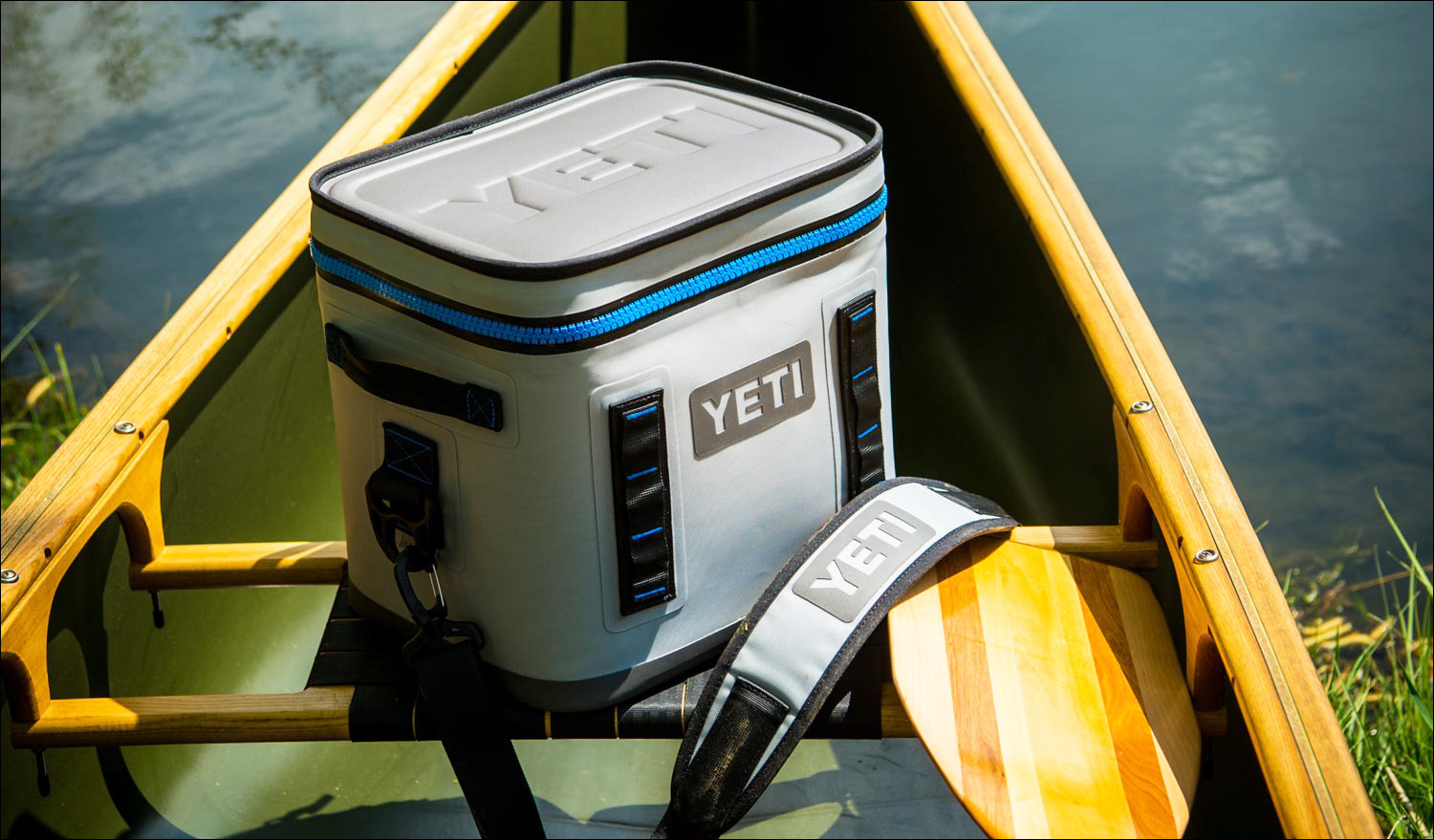It’s been said, printed on T-shirts, and become the resolution for many unresolvable situations: “You Can’t Fix Stupid.” No matter how obvious doing the right thing appears, people still will opt for the worst choice. Just putting up a warning sign, or attaching a warning label isn’t the right “fix” either. We’ve talked here before about how too many warnings on consumer products can end up just being like the boy crying wolf. As you source products for your clients, you want to both protect them, and meet the minimum labeling requirements from the CPSC. But you also know there is no real way for them to understand the difference between “this is really dangerous,” and “they made us put the label on there.”
 Examples of the extremes are everywhere, but perhaps one of the bigger reaches comes from an unfortunate accident in the UK. As reported by The Sun, a man was electrocuted while lying in the bathtub with his iPhone and charger on his chest. Apparently the 32-year-old ran an extension cord down the hall and into the bathroom so he could charge his phone and bathe at the same time.
Examples of the extremes are everywhere, but perhaps one of the bigger reaches comes from an unfortunate accident in the UK. As reported by The Sun, a man was electrocuted while lying in the bathtub with his iPhone and charger on his chest. Apparently the 32-year-old ran an extension cord down the hall and into the bathroom so he could charge his phone and bathe at the same time.
The cynics in the crowd who know this is never a good idea might simply chalk it up to a case of natural selection. The coroner working the case did not. “iPhones seem like innocuous devices but they can be as dangerous as a hairdryer in a bathroom. They should carry warnings. I intend to write a report later to the makers of the phone.” The Sun reached out to Apple; the company chose not to comment. Following this line of thinking, there soon could be warnings to not use the toaster while showering, not to use an extension cord, and not to plug it into a wall outlet. I think you get the idea, but have you thought about how your end-user clients react to required warning labels?
 You may have seen the reports last month that Yeti is coming after two more competitors knocking off their coolers and drinkware with “confusingly similar” products. Yeti has been aggressive in working to protect its intellectual product, and Axis Cups and Bayou Ice Boxes are the latest to join Walmart and RTIC as a target of lawsuits and potential legal battles. According to the lawsuit claims, Axis Cups and Bayou Ice Boxes have “purposely advertised, promoted, offered for sale, sold and/or distributed, and continue to advertise, promote, offer for sale, sell and/or distribute coolers and drinkware that violate Yeti’s rights, including the rights protected by Yeti’s intellectual property.”
You may have seen the reports last month that Yeti is coming after two more competitors knocking off their coolers and drinkware with “confusingly similar” products. Yeti has been aggressive in working to protect its intellectual product, and Axis Cups and Bayou Ice Boxes are the latest to join Walmart and RTIC as a target of lawsuits and potential legal battles. According to the lawsuit claims, Axis Cups and Bayou Ice Boxes have “purposely advertised, promoted, offered for sale, sold and/or distributed, and continue to advertise, promote, offer for sale, sell and/or distribute coolers and drinkware that violate Yeti’s rights, including the rights protected by Yeti’s intellectual property.”
I mention this here because the cooler business is big business – RTIC has become a demand brand in promotional products, and I see it requested frequently by end-users because, no surprise, “It’s the same as Yeti and cheaper.” RTIC has had a good run for two years, including advertising boldly comparing its product’s performance and naming Yeti right on its corporate website. Yeti’s earnings in 2015 were nearly $470 Million; RTIC has sold $200 Million in coolers and drinkware since September of 2015.
That RTIC run came to an end with the agreed settlement between RTIC and Yeti in February, and you likely have already pivoted away from RTIC because they only have until the end of this month to sell existing inventory as part of that settlement. But what you may not know, and I’m sure the end-user buying that cheaper alternative doesn’t, is that the warranty on those items has also been reduced – from five years to 30 days. So, if you’ve jumped on a really hot deal since February, how do you feel about that deal now? RTIC has said it will redesign its entire line this spring and stay in business, but if they don’t “look just like Yeti” will your clients still want them?
Jeff Jacobs has been an expert in building brands and brand stewardship for more than 35 years, working in commercial television, Hollywood film and home video, publishing, and promotional brand merchandise. He’s a staunch advocate of consumer product safety and has a deep passion and belief regarding the issues surrounding compliance and corporate social responsibility. He recently retired as executive director of Quality Certification Alliance, the only non-profit dedicated to helping suppliers provide safe and compliant promotional products. Before that, he was director of brand merchandise for Michelin. As a recovering end-user client, he can’t help but continue to consult Fortune 500 consumer brands on promo product safety when asked. You can also find him working as a volunteer Guardian ad Litem, traveling the world with his lovely wife, or enjoying a cigar at his favorite local cigar shop. Follow Jeff on Twitter, or reach out to him at jacobs.jeffreyp@gmail.com.